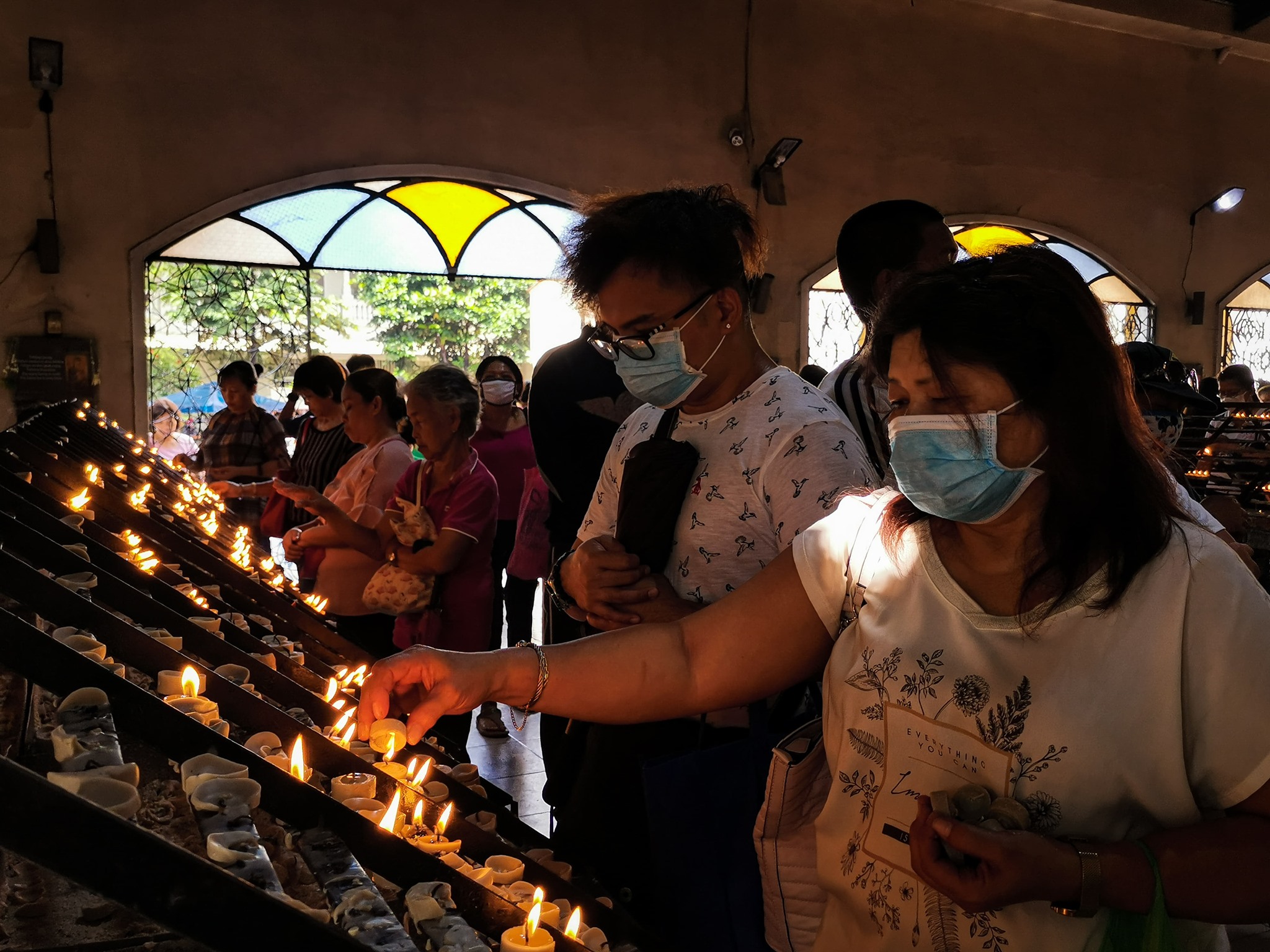
Two years now into the pandemic, the paramount cry of all people in the world is healing. All over the world people are crying to the heavens for healing from the physical, mental, social and spiritual ailment caused by the covid-19 virus.
Today’s readings for the 23rd Sunday in ordinary time speaks about God’s healing. Salvation from God is not just salvation from our sins but also healing and recovery from sickness. Salvation comes from the Latin word, salūs which means to be well and healthy. God’s healing, however, is holistic; it is not just physical but also emotional, mental and spiritual.
In the first reading, the prophet Isaiah describes the vision of the coming of God’s kingdom as opening the eyes of the blind, clearing the ears of the deaf, and even brightening up the environment.
Then will the eyes of the blind be opened,
the ears of the deaf be cleared;
then will the lame leap like a stag,
then the tongue of the mute will sing.
Streams will burst forth in the desert,
and rivers in the steppe.
The burning sands will become pools,
and the thirsty ground, springs of water.
The responsorial psalm, Psalm 146, is a psalm of praise for the healing power of God, especially for his opening of the eyes of the blind.
The second reading from the Letter of James, focuses not on the physical but spiritual blindness. James warns against taking people according to their physical appearance. The example James gives is that of giving a well-dressed visitor special treatment while neglecting a poorly dressed person, forgetting the beatitude about the poor. That, he implies, is a symptom of spiritual blindness.
For if a man with gold rings and fine clothes
comes into your assembly,
and a poor person in shabby clothes also comes in,
and you pay attention to the one wearing the fine clothes
and say, “Sit here, please, ”
while you say to the poor one, “Stand there, ” or “Sit at my feet, ”
have you not made distinctions among yourselves
and become judges with evil designs?
Listen, my beloved brothers and sisters.
Did not God choose those who are poor in the world
to be rich in faith and heirs of the kingdom
that he promised to those who love him?
In the Gospel, Mark presents Jesus as the kind of savior prophesied by Isaiah. Jesus did a miracle of healing: a man who was deaf and impaired in speech becomes able to hear and to speak plainly. What Isaiah communicates as vision through poetry, Jesus communicates through action in the here and now. We tend to think of salvation in terms of heaven and the hereafter. Jesus’ action open us to salvation as an event that is here and now.
And people brought to him a deaf man who had a speech impediment
and begged him to lay his hand on him.
He took him off by himself away from the crowd.
He put his finger into the man’s ears
and, spitting, touched his tongue;
then he looked up to heaven and groaned, and said to him,
“Ephphatha!”— that is, “Be opened!” —
And immediately the man’s ears were opened,
his speech impediment was removed,
and he spoke plainly.
Jesus command to the deaf-mute man, Aramaic, ephphatha “Be opened” is more than a just a matter of physical healing. It is also a spiritual healing: God’s superabundant life breaking open our closed human condition. What Jesus commands with respect to the deaf-mute man before, he commands with respect to us today. In the gospel, Jesus commands us, “Be opened!” If we listened well and hard, we too are healed: our ears are opened to hear the Good News and our tongues are loosened to proclaim it.
What sickness and disability do we need to be healed and liberated from? Let us ask Jesus to loosen our tongues, open our deaf ears and touch our blind eyes so we may truly hear, see and speak of the truth and peace of the Word who is Jesus.

